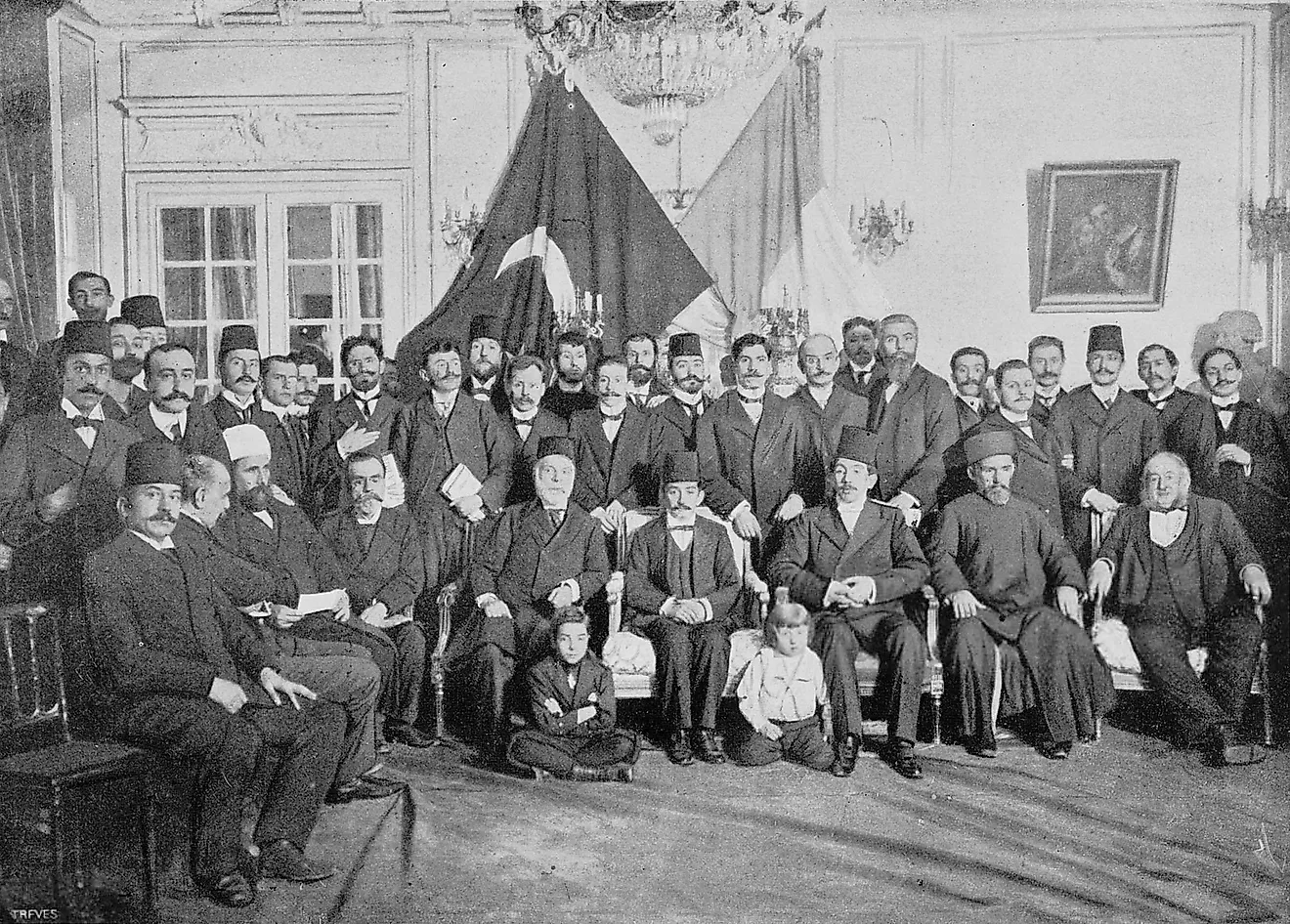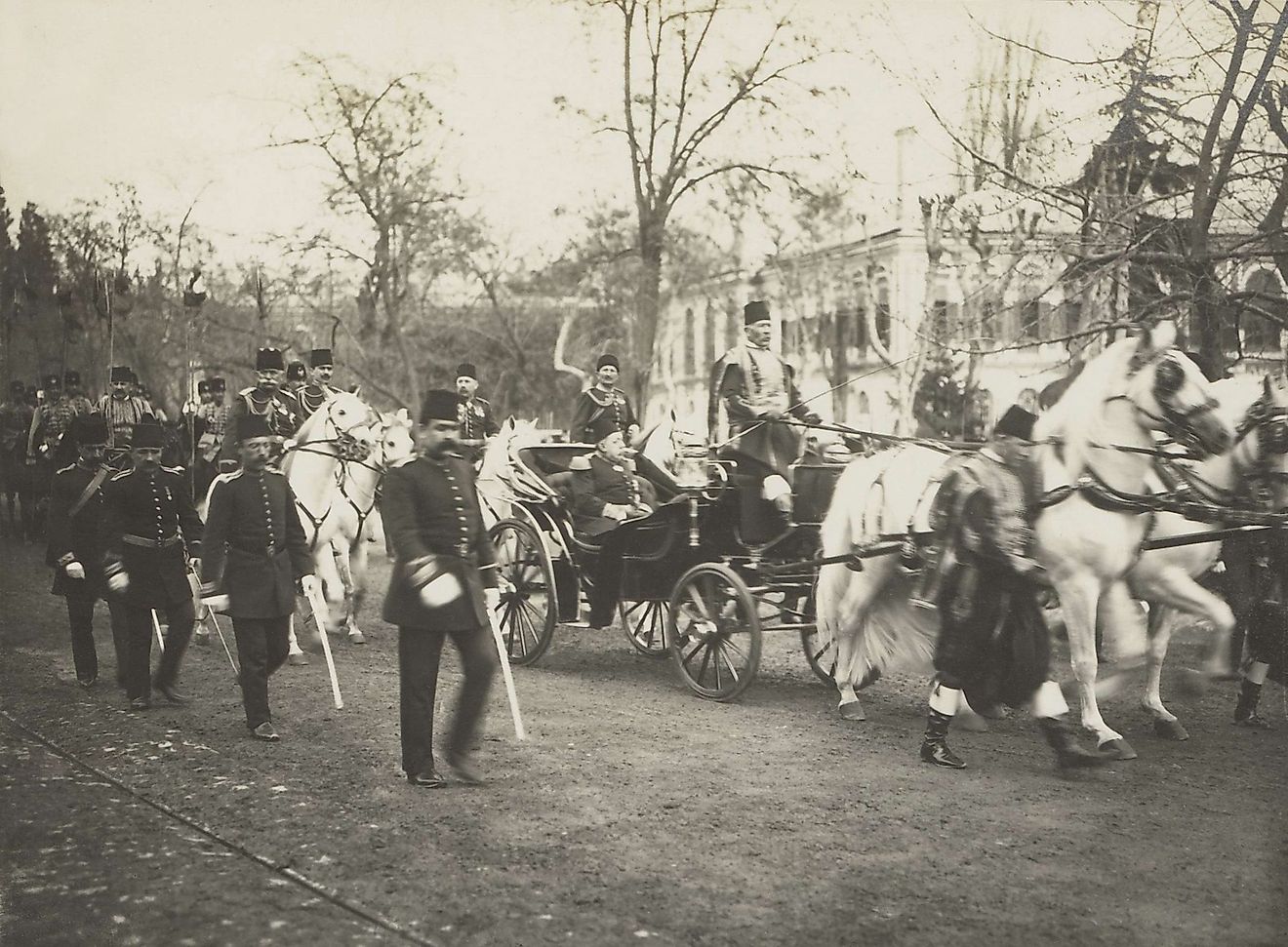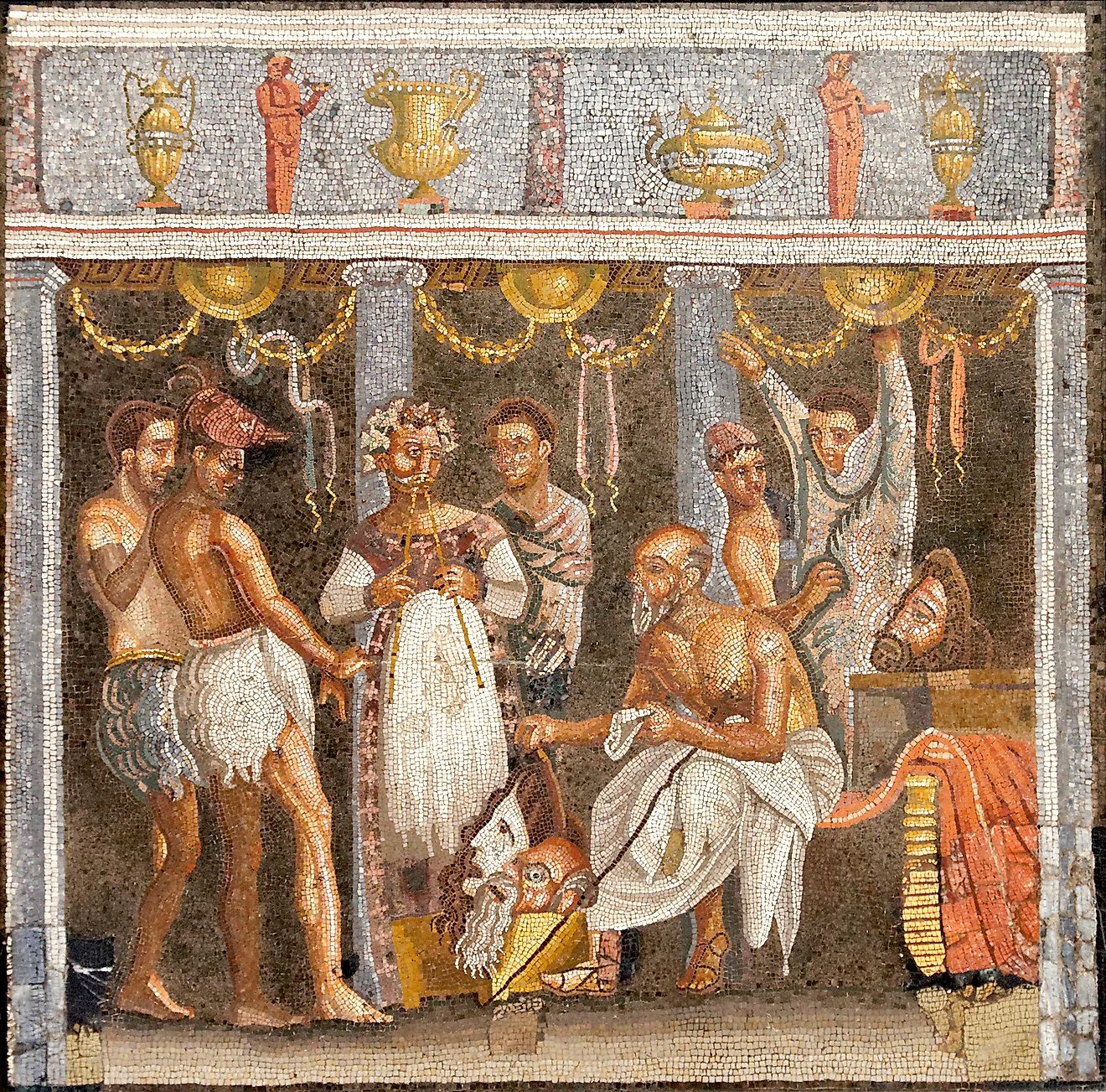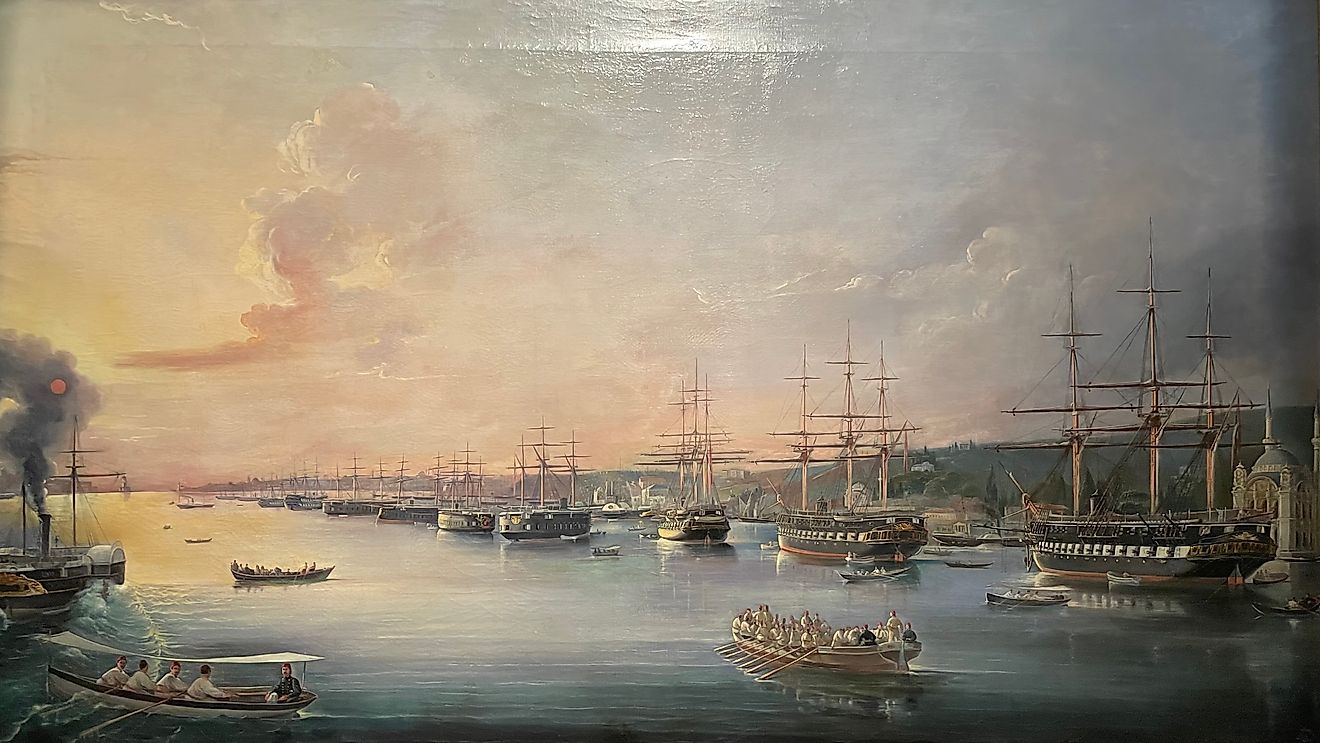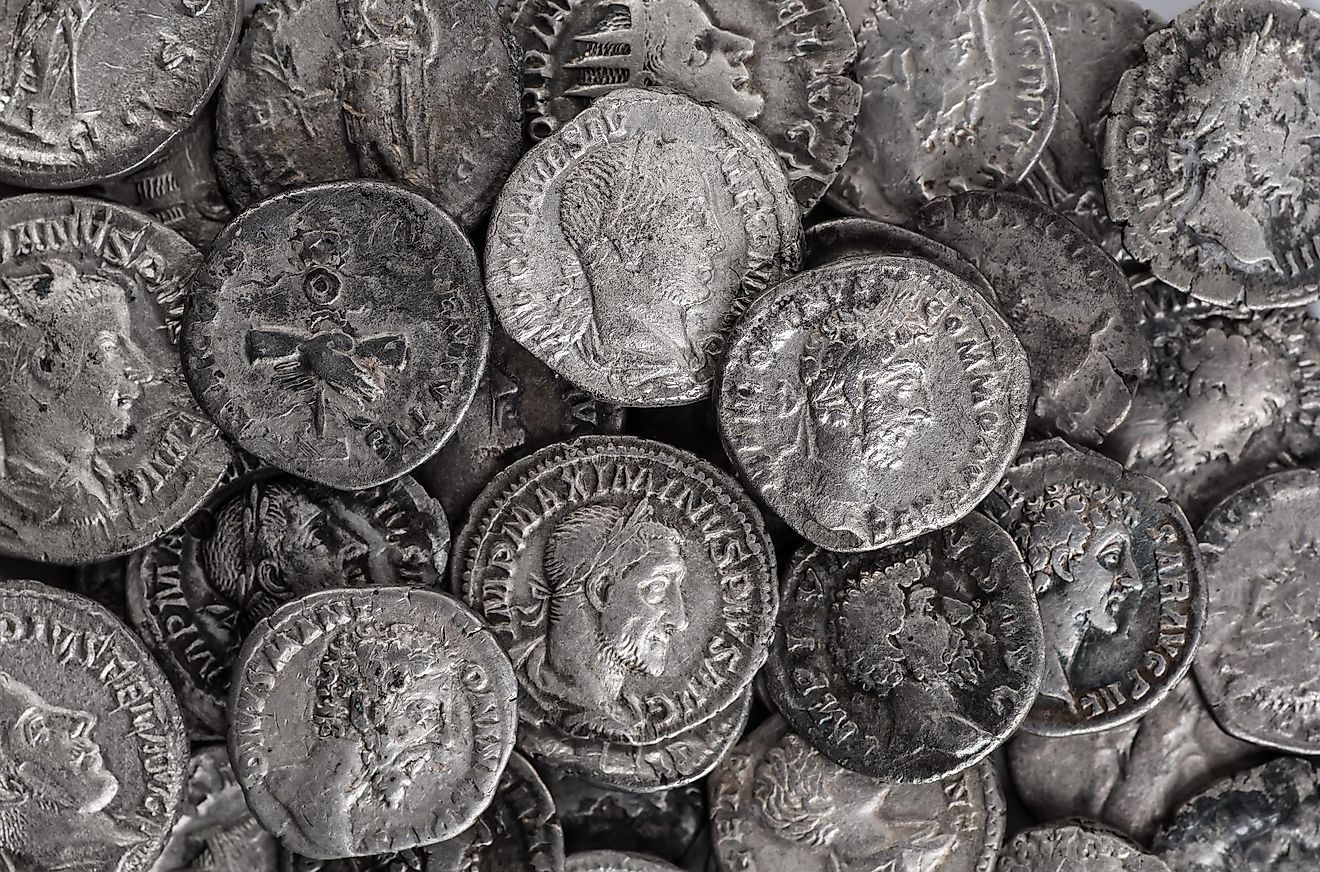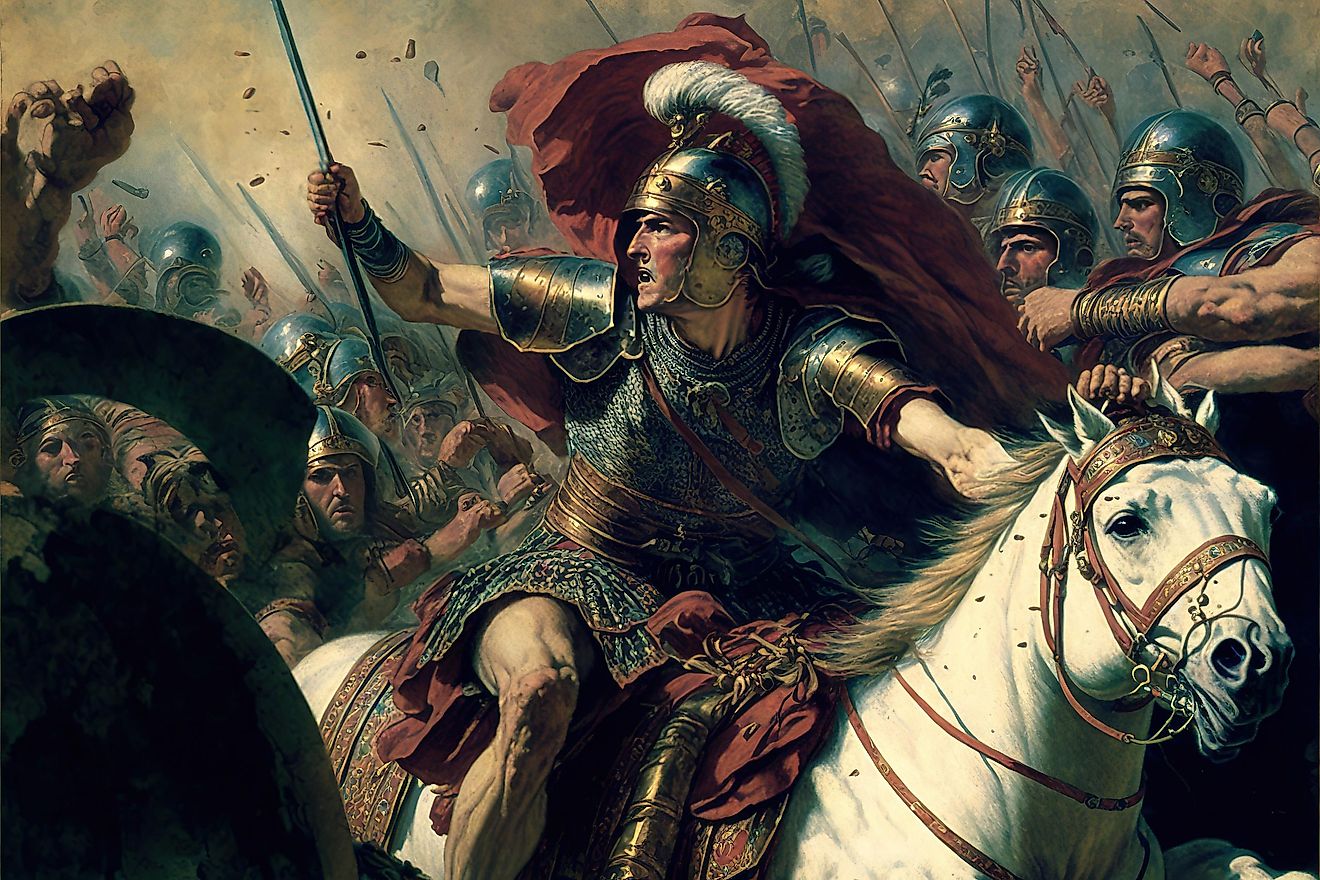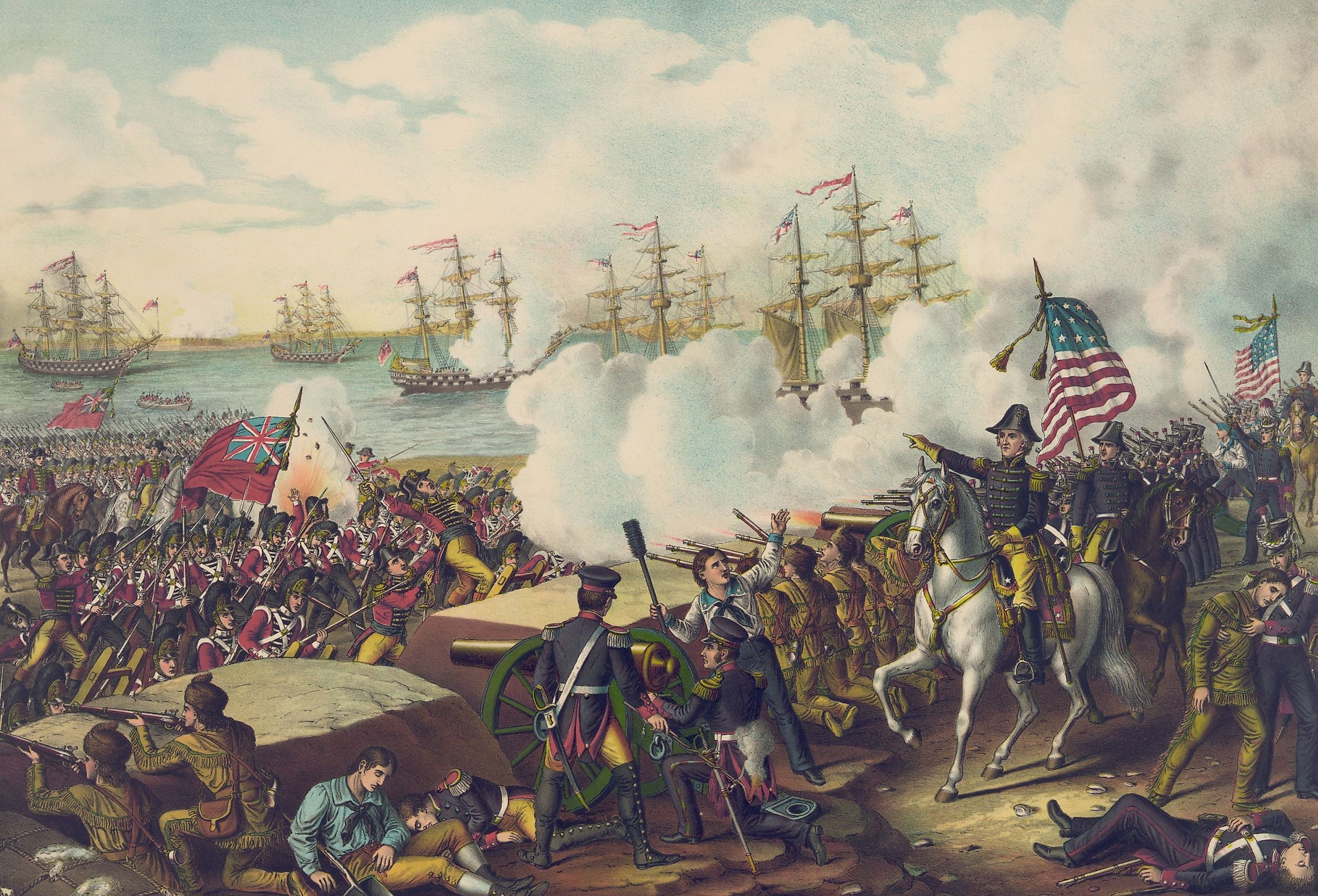
Napoleonic Wars and the United States
War and prosperity are often two sides of the same coin, but the Napoleonic Wars strained economic balance across the world. In 1792, a handful of countries adjacent to France attempted to quell the First French Republic that threatened the ancient order of monarchies that ruled Europe. The American Revolution (1775-1783) had already revealed a weakness in the greatest empire of the time, Britain, and the British Empire was not eager to lose twice. Seven different coalitions between 1792 and 1815 tried to take down the new French regime. Between 1803 and 1815, these coalition wars are the Napoleonic Wars because Napoleon Bonaparte, its self-crowned Emperor, led France. Each conflict and maneuver, between the newfound American Federation and the competing empires, had global consequences that put a strain on the relationship between France, Britain, and the United States.
Taking Advantage of Chaos in Europe

Although Europe was constantly embroiled in engagement and rivalry between its nations, the Napoleonic Wars ushered in strife on a scale not seen until the 20th-century World Wars. This chaos only ended with Napoleon's capture in 1815, for the second time, and imprisonment on the island of Saint Helena until his death. Until then, vast amounts of resources poured into the conflict from all sides, in the form of blood and money. Typical contenders with Napoleon’s French Empire were the empires of Austria, Russia, Prussia, and of course, Britain. Napoleon assumed that the United States had a common reason to join him in a struggle against the English, but the US preferred to take a more nuanced approach throughout the Napoleonic Wars. In some ways, the United States profited, and in other ways, took losses.
With the trading potential of Europe tied up between embattling nations, the United States saw an opportunity for gain. Thus, a neutral stance allowed the young country to "fill in the gaps" internationally, exporting the huge stockpiles of natural resources found in the New World. Domestically, Americans were also divided on whether to support France or Britain during the conflict. With the turning point in the French Revolution in 1792, American profits rose for the following 15 years because of their ability to access both French and British ports. Moreover, European traders trusted the security of using American vessels due to their ability to evade naval blockades, which benefited the States as a whole.
Growth, Profit, and the Cost of Neutrality for the United States
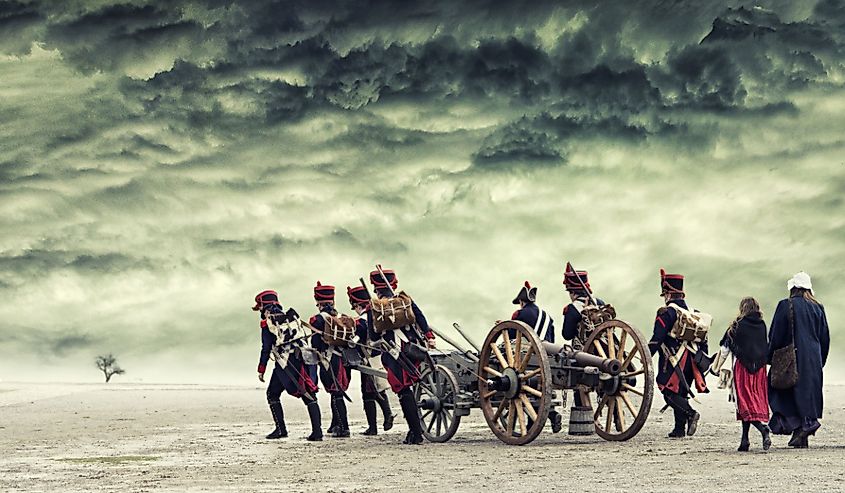
With the massive burst in per capita income from international trade tripling in the first fifteen years, many have argued that this international fray provided America with the inertia it needed to become a world power later in the century. However, several bumps disrupted these golden years. For example, between 1798 and 1801 France and the United States went through an unofficial war (Quasi-War) over control of the seas. In addition, when France and Britain achieved a 14-month peace that started in March of 1802, global trade returned to normal and upset the American advantage. When that peace ended, it was back to business as usual for exporters. American food and cotton did particularly well, but it is worth noting that slavery was still an accepted part of the United States infrastructure for producing those goods.
There is an ongoing disagreement between experts over whether the trading profits during the Napoleonic Wars encouraged significant growth in the United States. Proponents often neglect to tally up the costs of neutrality, which can involve pressures from the competing parties to "pick a side". Moreover, much of the success of the shipping, insurance, and banking industries profited the northern ports and may not have had a significant impact on the United States as a whole.
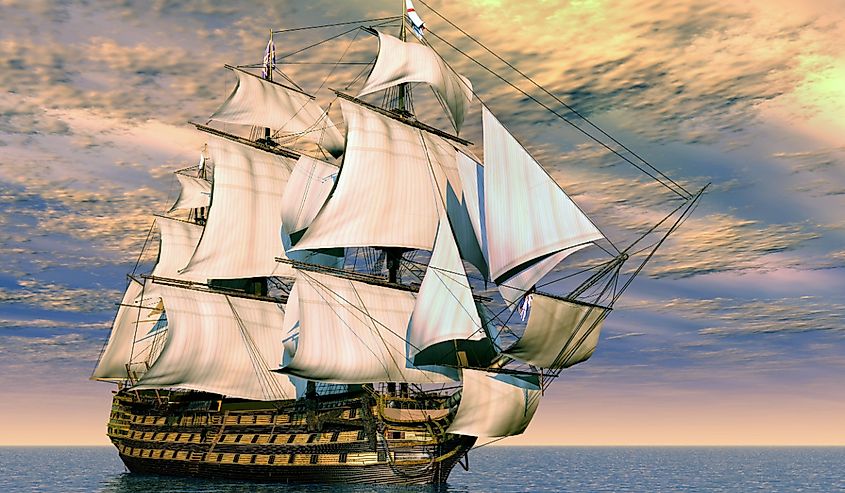
Britain had increased its naval command of the seas around Europe after its victory during the Battle of Trafalgar in 1805. France and Britain had no obligation to respect American neutrality, and directly and indirectly limited trading opportunities for the United States. In December of 1807, President Jefferson initiated a trade embargo with all the nations involved in the Napoleonic conflict. Napoleon had also subdued and absorbed territories from the Holy Roman Empire (Austria) and the Prussian Empire, giving him the flexibility to wage an economic war on Britain, dubbed the Continental System.
Part of the reason for Jefferson’s embargo rested on Britain’s history of seizing American goods. A treaty had been ongoing for over a decade, but when it expired in 1807, the seizures increased. The seizures also came with frequent impressment of British-born naturalized citizens, which President Jefferson failed to resolve. These few years were impactful on US-Europe trade relations. Napoleon issued the Berlin Decree in 1806 that attempted to universally halt trade with Britain. The English responded with blockades on the entirety of Napoleon’s Empire, and Napoleon’s Milan Decree of 1807 tightened the restrictions even further. The embargo that Jefferson had set in place proved unpopular in northeastern American states, as Britain was a primary buyer for exported goods. Moreover, the embargo barely affected a country as global as England.
The Louisiana Purchase
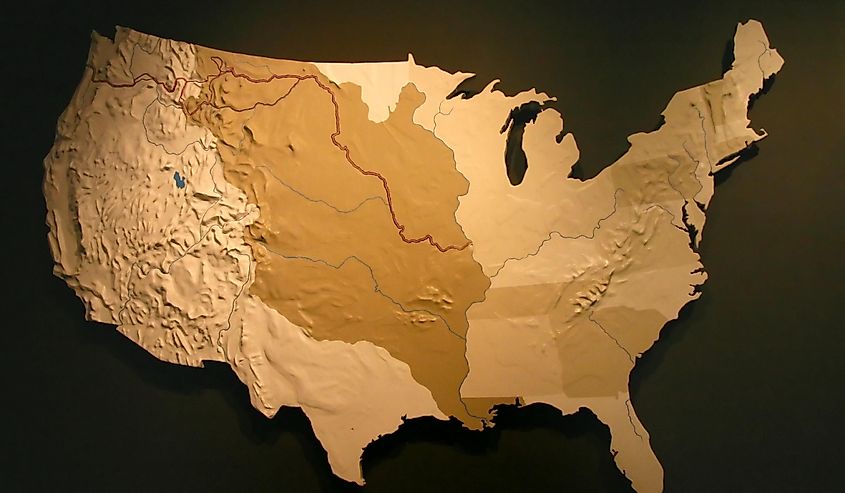
All this economic turmoil might lead one to believe that the United States gained nothing from the Napoleonic Wars. However, during the Peace of Amiens which ended when Britain declared war on France on May 18, 1803, Napoleon realized that he needed to acquire funding for the next conflict. He knew that British hostility was inevitable, and part of his war doctrine was to always strike first when possible. Therefore, Napoleon poured French assets into a force later named “La Grande Armée,” whose purpose would be to invade Britain. Britain ended up declaring war first, but the army fought in major theaters around continental Europe.
The funds for this legion came from a tactful selling of the Louisiana Territory to the United States. This transaction is commonly referred to as the Louisiana Purchase in which the United States doubled in geographic size. The sale was clever because Spain owed it to France but had never formally granted it to them. After disease struck other French colonies in the Caribbean, France had no use for the Louisiana territory. Therefore, the 828,000 square mile region ended up in America’s hands, after buying it for a discount.
The War of 1812
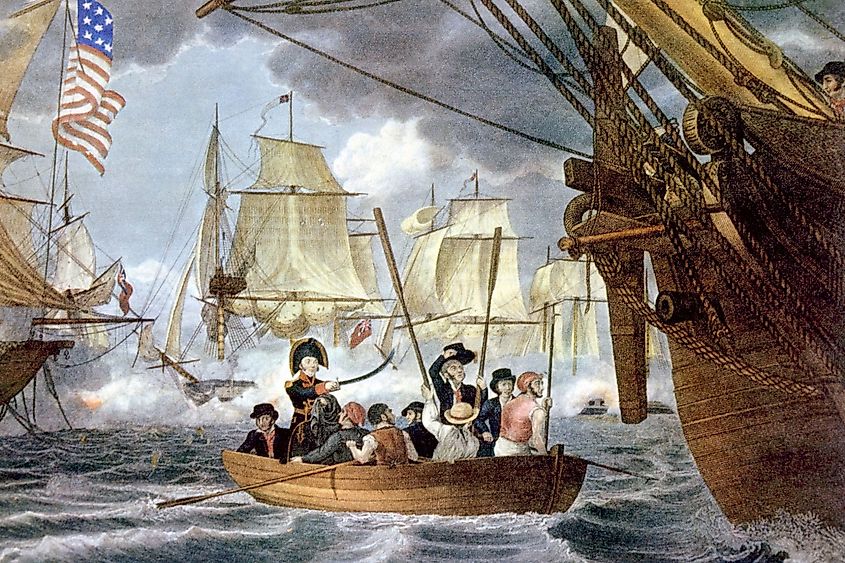
The War of 1812, an extension of the Napoleonic Wars, saw a complete severing of British and American relations. The trading boon had collapsed from the embargoes and blockades, and America realized that a self-sufficient form of mercantilism would aid their continued independence. After futile attempts to stop British ships from interceding theirs, America declared war against Great Britain in 1812. More and more domestic factories supported American consumers, but that momentum halted when the war ended in 1815, which was the same year the Napoleonic Wars ended.
Economic turmoil and opportunism were common themes throughout the two decades that the European conflict upset the world. France had disrupted systems that had histories reaching back over a thousand years, and even the United States felt the ripple effect. Without the wars, the United States may not have become as self-sufficient as they were later known for, and the Louisiana territory might still be in French jurisdiction. Despite French assistance during the American Revolution, which was later symbolized with the gifting of the Statue of Liberty, it is surprising that the United States preferred neutrality against their former enemy, Britain. However, Napoleon represented a different era of the French Revolution, and he ruled with the same tight grip as any monarch. Thankfully, after two hundred years, the relationship between the United States, France, and Britain is amicable.
